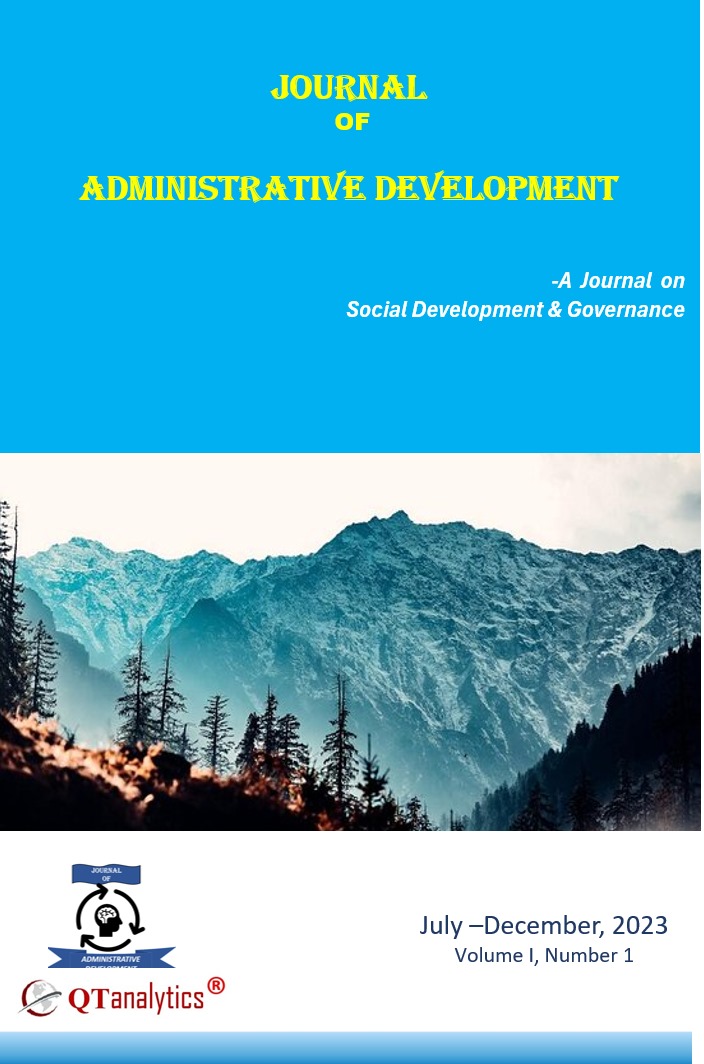ROLE OF ANTI-HUMAN TRAFFICKING UNITS IN COMBATING HUMAN TRAFFICKING IN INDIA: A SOCIOLOGICAL PERSPECTIVE
DOI:
https://doi.org/10.48001/jad.202311.1-17Keywords:
Human Trafficking, NCRB, Anti-human trafficking units, Prevention, Protection, ProsecutionAbstract
The Government of India has collaborated with the United Nations Office on Drugs and Crime (UNODC) and started a project to strengthen its existing anti-human trafficking enforcement mechanism in April 2016 with a purpose of raising awareness, imparting training and building capacity among the law enforcement personnel. Under this project, the union Ministry of Home Affairs (MHA) paves the way for the establishment of Anti-Human Trafficking Units (AHTUs) within the State police departments to curb human trafficking. AHTUs started a National Mission Mode Project against all forms of human trafficking in India by integrating all associated stakeholders, such as, police, prosecution officers, civil society etc. It became the primary agency to investigate cases of human trafficking. According to the National Crime Records Bureau (NCRB), by the end of year 2021, 768 AHTUs were functional in 270 districts in India. This study analyses the metadata reported by NCRB in their ‘Crime in India Report’ from 2016-2021and found that the conviction rate is too low to make any difference in combatting human trafficking effectively.

Downloads
Published
Issue
Section
License
All QTanalytics journals are published Open Access. Articles are licensed under an open access licensed under Creative Commons Attribution-NonCommercial 4.0 International License. In addition, the article may be reused and quoted provided that the original published version is cited. These conditions allow for maximum use and exposure of the work, while ensuring that the authors receive proper credit.
 journals@qtanalytics.in, support@qtanalytics.in | Phone: +91-9458270556
journals@qtanalytics.in, support@qtanalytics.in | Phone: +91-9458270556